In the fast-paced world of transportation and logistics, efficiency and reliability are paramount. Every shipment, whether a small parcel or oversized freight, depends on the right truck to reach its destination safely and on time. But have you ever wondered what types of trucks are keeping the supply chain moving? Let’s dive into the world of freight transportation and explore the different trucks that power the industry and how they are utilized.
Semi-Trucks (18-Wheelers)
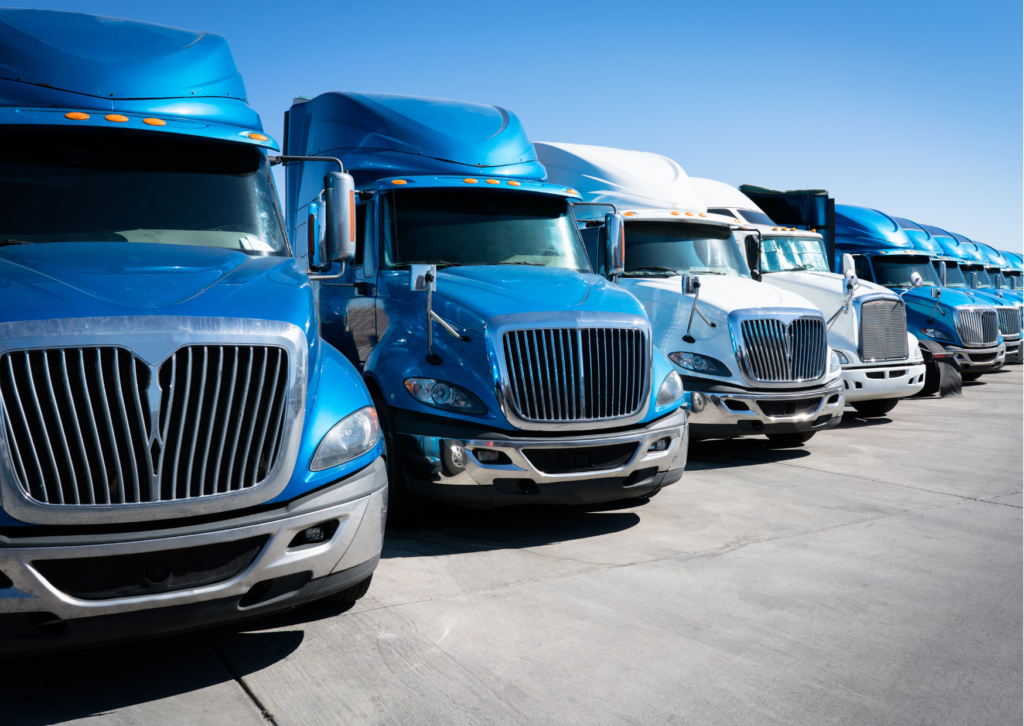
Also known as tractor-trailers or big rigs, semi-trucks are the workhorses of long-haul freight transportation. These trucks are designed to haul heavy loads over long distances, typically across state lines or even internationally. Equipped with powerful engines and large trailers, they transport everything from retail goods to industrial equipment.
- Common Uses: General freight, consumer goods, industrial machinery, and perishable items (when refrigerated).
- Why They Matter: Semi-trucks form the backbone of commerce, ensuring shelves stay stocked and businesses keep running.
Flatbed Trucks
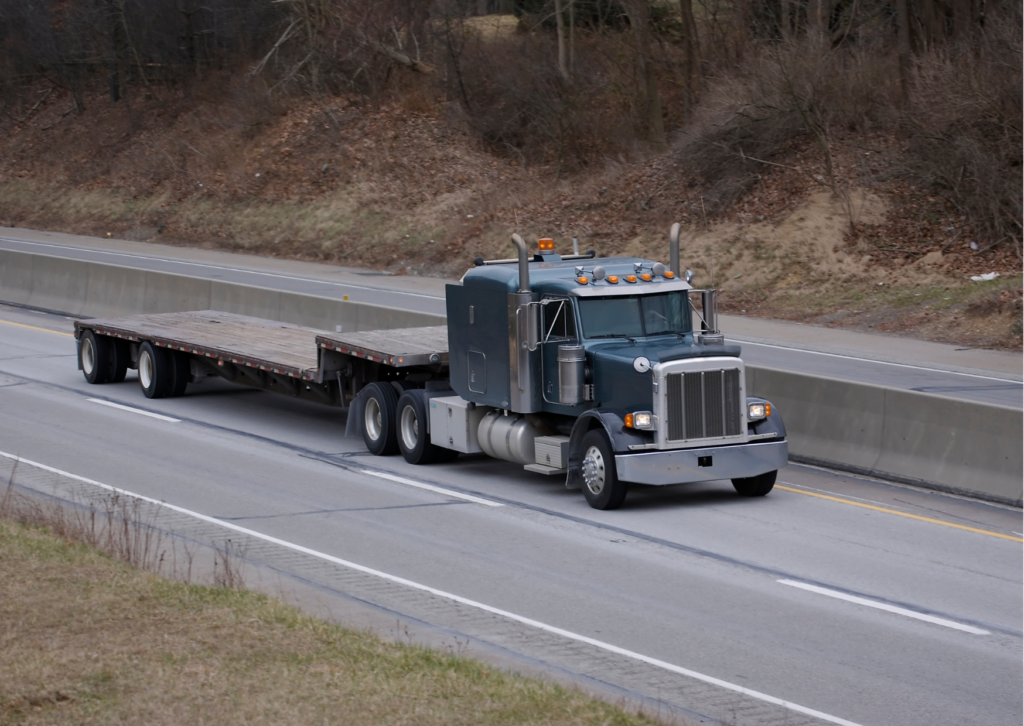
Flatbed trucks are the go-to choice for cargo that doesn’t fit within the confines of a standard trailer. With an open platform, these trucks allow for easy loading and unloading, especially for oversized freight.
- Common Uses: Construction materials, large machinery, steel beams, and oversized loads.
- Why They Matter: Their versatility makes them indispensable for industries like construction and manufacturing.
Box Trucks
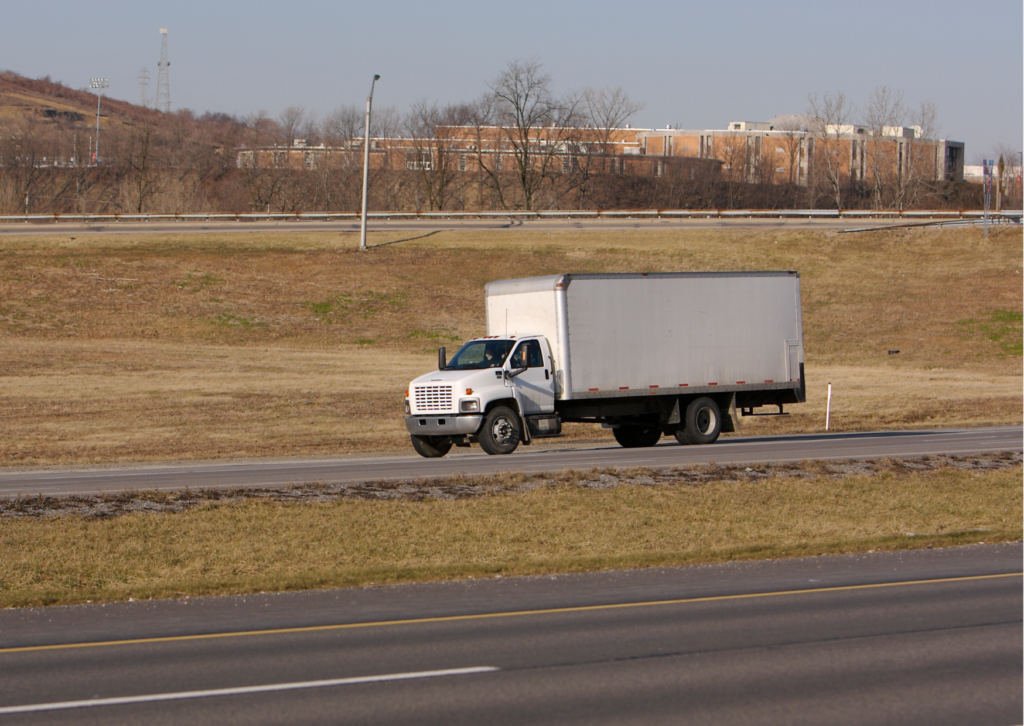
If you’ve ever seen a moving truck or local delivery vehicle, chances are it was a box truck. These medium-sized trucks feature an enclosed cargo area, offering protection from the elements.
- Common Uses: Moving services, furniture deliveries, small business shipments.
- Why They Matter: They provide an ideal balance between capacity and maneuverability, perfect for urban deliveries.
Tanker Trucks
When liquid cargo needs to be transported, tanker trucks come into play. These specialized trucks are designed to safely carry everything from fuel to hazardous chemicals.
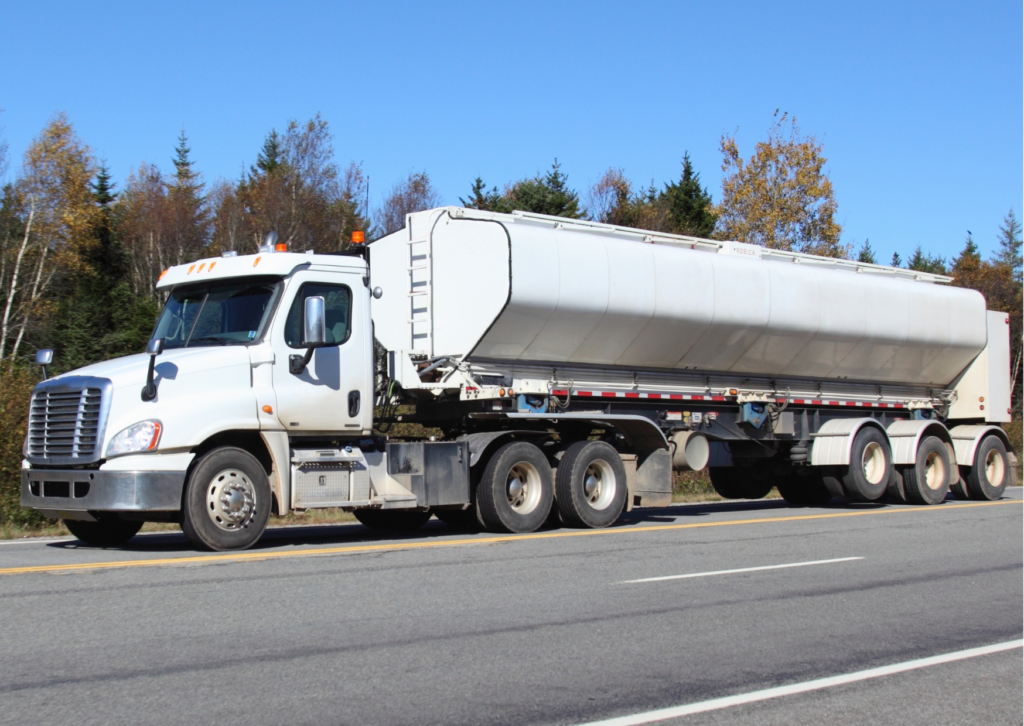
- Common Uses: Gasoline, milk, chemicals, and other liquid commodities.
- Why They Matter: Without them, industries like agriculture, fuel distribution, and chemical manufacturing would come to a standstill.
Refrigerated Trucks (Reefers)
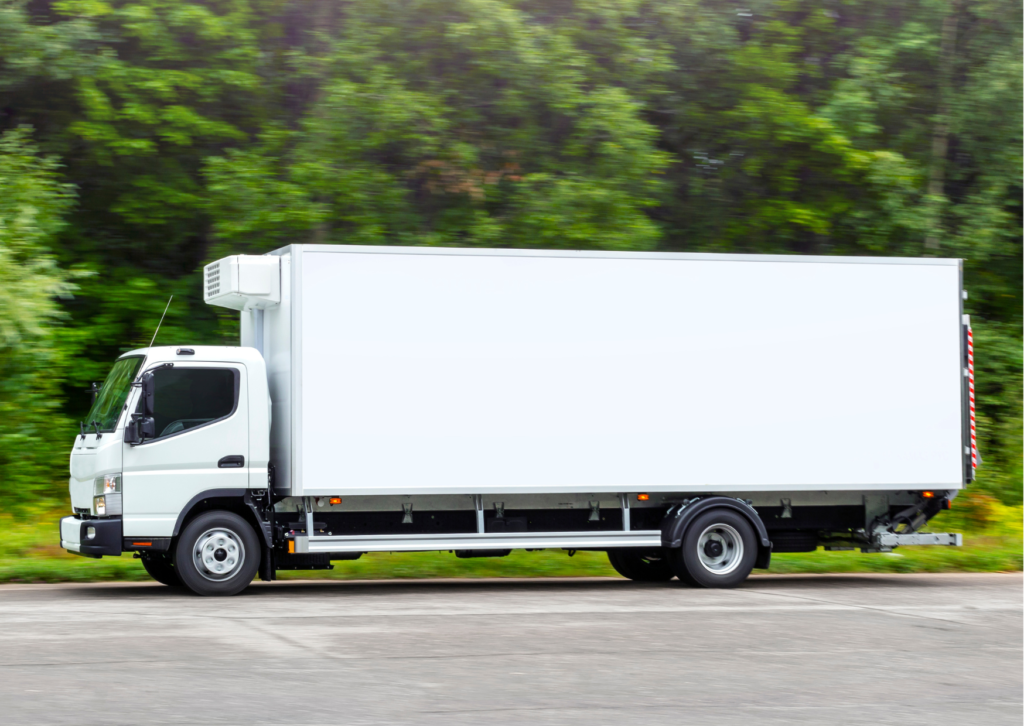
Keeping perishable goods fresh while in transit is no small feat, but refrigerated trucks make it happen. These temperature-controlled trucks ensure food, medicine, and other sensitive cargo remain at the right temperature throughout the journey.
- Common Uses: Fresh produce, pharmaceuticals, dairy products, and frozen goods.
- Why They Matter: They help maintain food safety standards and ensure life-saving medicines reach hospitals.
Final Thoughts
The transportation and logistics industry thrives on efficiency, and the right truck for the job makes all the difference. From keeping grocery store shelves stocked to delivering construction materials, these trucks play a crucial role in powering businesses and economies worldwide.
The next time you see a truck on the highway, take a moment to appreciate the intricate logistics behind it. After all, the modern world runs on wheels!
